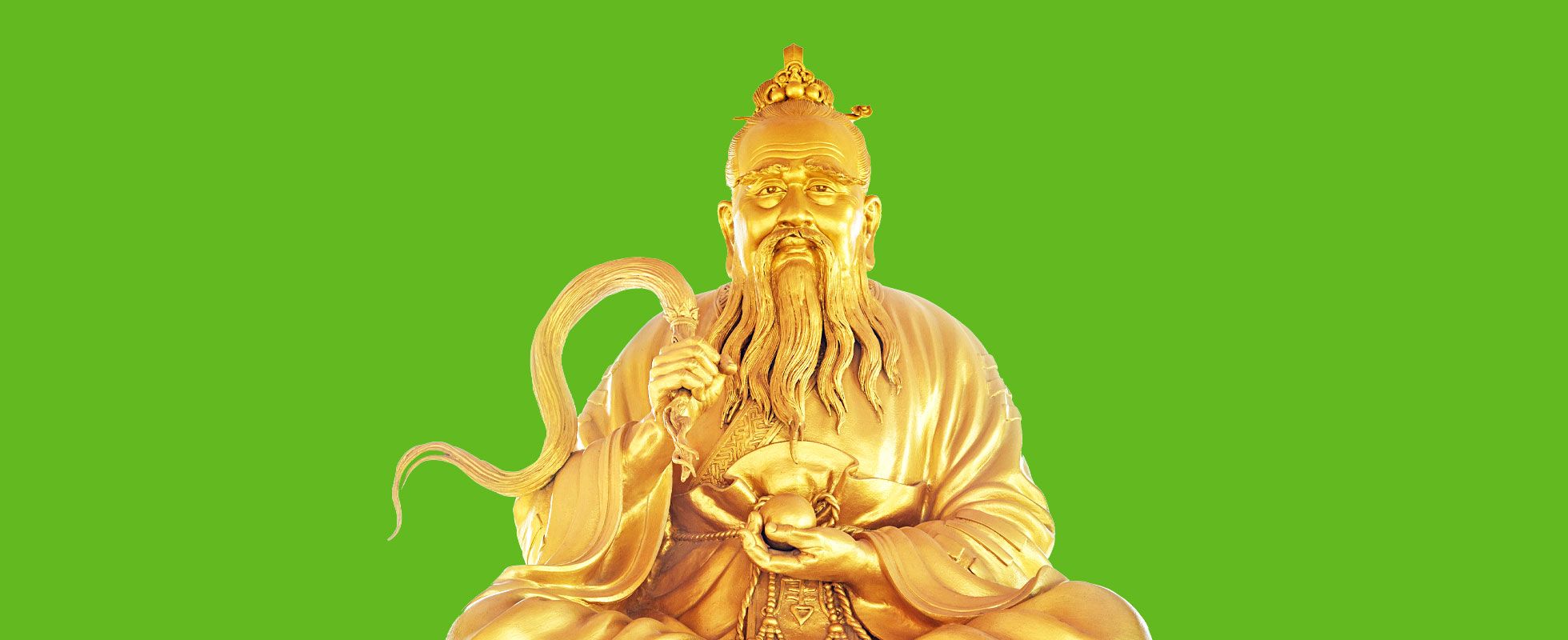Familiar philosophical tidbits are prevalent all over the world, often underlining a culture’s values, traditions, and beliefs. In Chinese culture, proverbs (or yànyǔ) are short sayings that distill life’s fundamental truths into pieces of sage advice, while idioms (chéngyŭ) are colloquial phrases whose words aren’t necessarily used literally, but rather work together to communicate an idea.
These traditional sayings have guided Chinese culture throughout the centuries. Often, they can offer a whole world of wisdom in just a few words, and their poised, morally uplifting sentiments have permeated borders to become fixtures in Western culture as well.
Many of the idioms we still use to this day come from famous Chinese philosophers and writers throughout history (such as Confucius); many more still originated with everyday people and the culture’s rich tradition of storytelling. These timeless maxims offer a glimpse into traditional Chinese society, and continue to help guide the moral and practical aspects of modern-day life.
失败是成功之母 (shī bài shì chéng gōng zhī mǔ)
Failure is the mother of success.
The closest English sentiment to this proverb would be the all-familiar “If at first you don’t succeed, try, try again.” Every failure is a chance to try again, this time with new knowledge and experience. Eventually, success will come.
爱屋及乌 (ai wū jí wū)
Love house and crow.
A lengthier translation of this saying would be “Love the house with its crows on the roof.” In ancient Chinese culture, crows were synonymous with bad luck, but this proverb espoused the wisdom of embracing the good with the bad.
万事起头难 (wàn shì kāi tóu nán)
All beginnings are difficult.
This straightforward proverb is a good reminder that it can be difficult to start something new — whether it be a new job, learning a new skill, or making a new friend — but that is no reason not to do it. The unsaid second half seems to suggest that if we stick with the hard part, it will get easier.
冰冻三尺, 非一日之寒 (bīng dòng sān chǐ, fēi yī rì zhī hán)
It takes more than one cold day for the river to freeze three feet deep.
This is the ancient Chinese version of “Rome wasn’t built in a day.” In other words, don’t give up or get discouraged if something is taking a long time to accomplish. The hard work will pay off.
吃得苦中苦, 方为人上人 (chī de kǔ zhōng kǔ)
Enduring deepening pain is how man ascends.
No pain, no gain — that’s the closest English approximation for this Chinese proverb. It encourages us to push through challenges instead of giving up; otherwise we cannot move forward.
一鸟在手胜过双鸟在林 (yī niǎo zài shǒu shèngguò shuāng niǎo zài lín)
One bird in the hand is better than two birds in the forest.
The English version is “A bird in the hand is worth two in the bush.” They both encourage being content with what we have, rather than chasing more and risk losing what we already possess.
师父领进门, 修行在个人 (shī fu lǐng jìn mén, xiū xíng zài gè rén)
Masters open the doors, you enter by yourself.
A popular interpretation of this proverb reads, “Teachers open the door, but you must walk through it yourself.” It’s a beautiful sentiment that means, once we have been given skills and taught morals, it’s up to us to go out and do, see, and experience things for ourselves.
未雨绸缪 (wèiyǔchóumóu)
Before it rains, bind around your house with silk.
For some things, you can never be too prepared. This proverb is a good reminder that certain things (like rainy days) require planning ahead to avoid damage or disruption.
请教别人一次是五分钟的傻子, 从不请教别人是一辈子的傻子 (qǐng jiào bié rén yī cì shì wǔ fēnzhōng de shǎzi, cóng bù qǐng jiào biérén shì yī bèizi de shǎzi)
He who asks a question might be a fool for five minutes; he who doesn’t ask a question remains a fool forever.
This well-known proverb encourages us to put aside any fear we might have of asking questions — whether we’re afraid it’s a silly question, or one we should already know the answer to — or else risk never getting the knowledge we need.
吃一堑, 长一智 (chī yī qiàn, zhǎng yī zhì)
Eat one pit/moat, grow one wisdom.
This particular Chinese proverb is about learning from our mistakes. It’s sometimes seen in English as “A fall in a pit, a gain in your wit.” Missteps, while not ideal, are important teaching tools.
Photo credit: Samohin/ iStock via Getty Images Plus
















